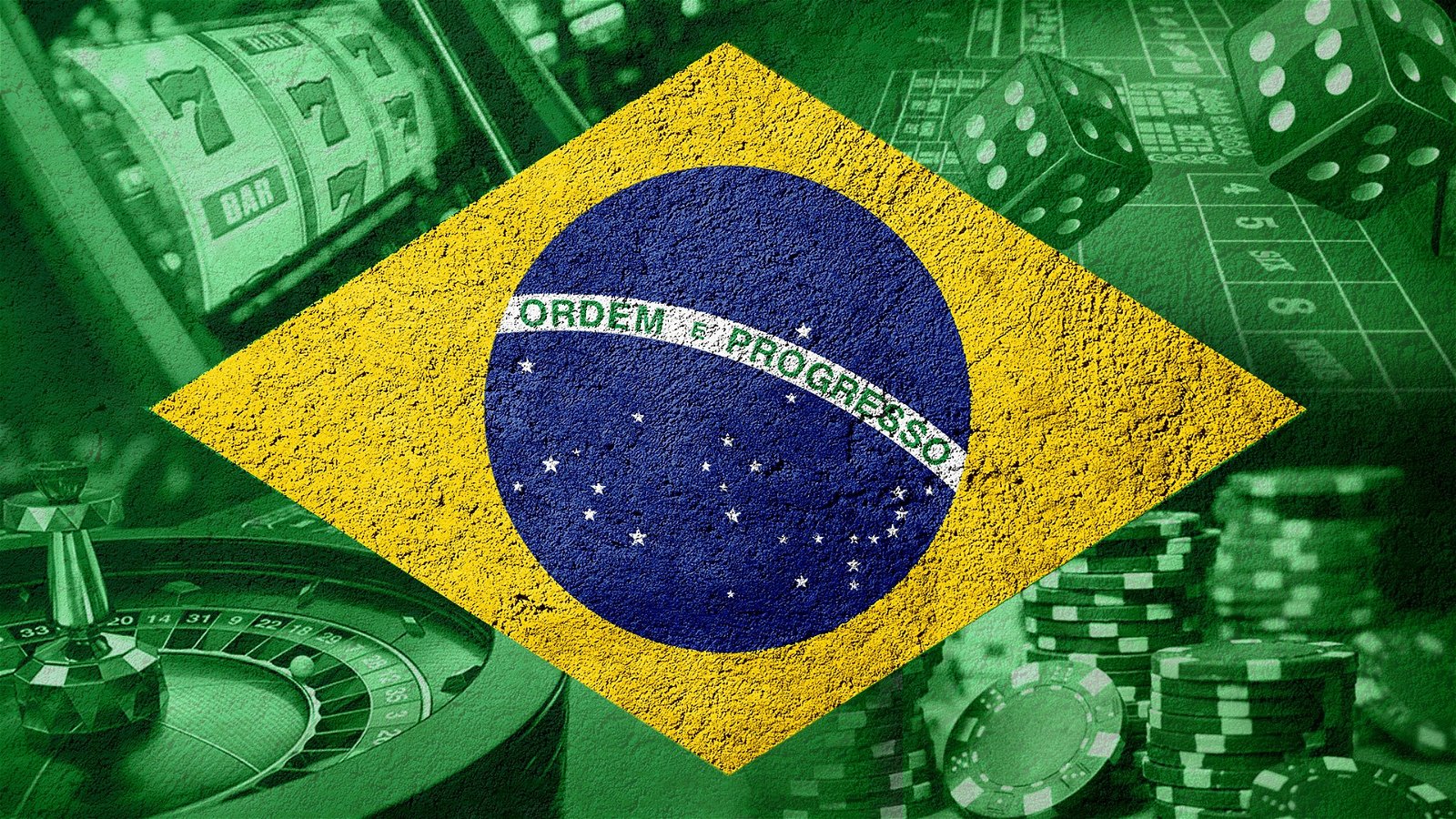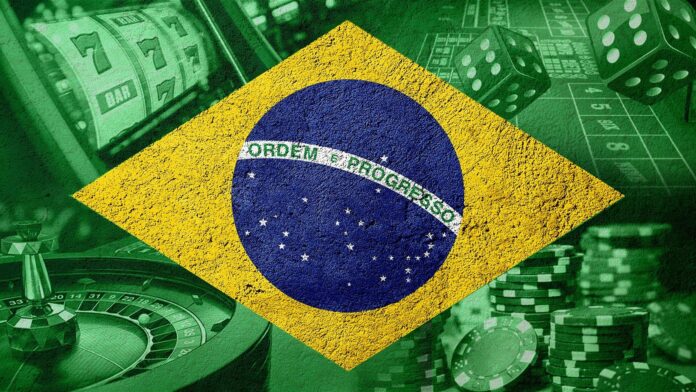
Fernanda Meirelles, Partner of the Media and Sports area of FAS Advogados, analyzes in her latest column the possible challenges and consequences that the regulation of sports betting in Brazil could have.
The trending topic has been the regulation of sports betting in Brazil and the promise that it will be published this year. The expectation around the regulation of the betting activity should be received consciously and practically, taking into account the current scenario and the potential impacts that the implementation of a specific regulation may generate on the sector.
The sports market in Brazil, especially soccer, is characterized by the passion and commitment of the fans. The fan’s passion crosses barriers and generations, creates inseparable bonds, and can transform soccer into a hyper-profitable product. It is the fan and his passion that turn a match into a product with an incredible market reach and soccer into an industry that moves overwhelming amounts of money.
It is not surprising, therefore, that sports betting operators have, in the Brazilian market, especially in the soccer market, a big target. Even before the legalization of betting, operators in this market were already investing in advertising here in the country, and we could already see, albeit discreetly and indirectly, the presence of these brands in the advertising breaks of matches and championships. This advertising was aimed at statistics sites and not, strictly speaking, at betting sites.
As of December 2018, when Law 13,756 legalized this activity ( under the specific modality of fixed odds lottery, an exclusive service of the Federal Government that can be granted or authorized to private entities), the market, in general, felt more comfortable to “receive” these companies, which began to appear on the teams’ jerseys, as sponsors, on playing fields, and more ostentatiously in the media.
From the perspective of clubs and sports entities, it seems evident their interest in keeping betting operators in Brazil, to the extent that the investment of these companies in the country has been increasing, and championships and teams that previously did not generate interest in large media companies have become attractive to betting platforms.
The performance of these platforms in the country is just one more change in the sports market that, along with many others, brings new business possibilities, not only for large and small soccer clubs but also for various sectors of the economy.
For example, if in the past there was only talk of exclusivity for broadcast TV, shortly thereafter appeared closed circuit TV, Pay Per View, streaming platforms, and, today, streamers and betting platforms, creating new sources of revenue generation, either via licensing of brands and images, capture and production of game signals, technological advances, use of artificial intelligence and many others.
In other words, despite the lack of specific regulation, this is a market that has grown exponentially in recent years, and what exists today is a legislative limbo that allows exploration of the Brazilian market by sports betting operators based outside the country but still without specific rules on compliance, data protection, advertising, taxes, and others.
The regulation of this topic provides legal certainty and, consequently, a potential increase in business. Knowing the rules of the game in any situation provides predictability, adaptability, and, therefore, reliability.
However, these new rules must be viable and sustainable in order to attract and maintain the investments that have been made in the sector. Otherwise, there is a risk of maintaining the current situation, i.e., companies based outside Brazil exploring the Brazilian market supported by a legislative gap on the subject, and the new legislation will become meaningless.
Original article: https://www.yogonet.com/international/news/2023/05/10/67083-regulation-of-sports-betting-in-brazil-challenges-and-consequences
















